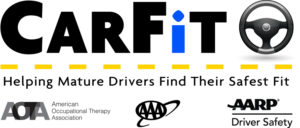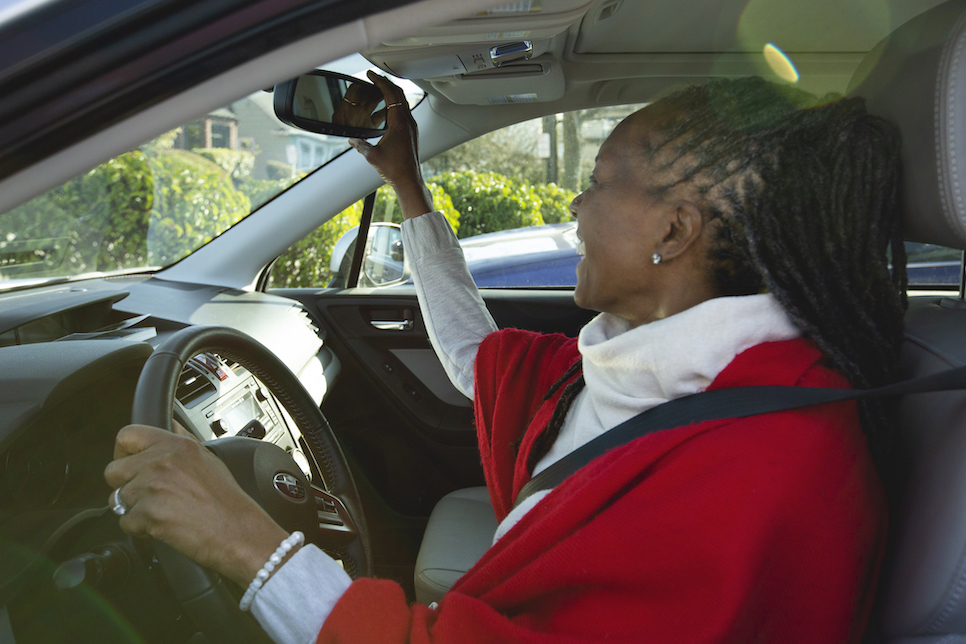The keys to driving at any age
Remember the feeling of getting your first driver’s license? It was a mile marker to independence. Back then, we knew we had to pay attention, because we were just learning to drive. After years of habit, it’s important to check in with how your mind and body may have changed. Stopping or limiting driving comes down to your ability. Understanding the natural changes that come with aging can help keep older drivers on the open road.

Get fit, drive safely, have fun!
Our 80’s-themed workouts offer simple, at-home exercises to help improve your coordination, flexibility, and strength. Take a few minutes every day so you can be at your best!

 Other ways to get around
Other ways to get around
Reliable transportation isn’t limited to your car. Several transportation services use flexible systems like paratransit to provide options for people who can’t use regular, fixed route bus services.
 We’re here to help
We’re here to help
Virginia GrandDriver helps you and your family navigate age-related changes to keep everyone safe on the road. Our toolkits and resources equip older drivers with information that will help them safely stay on the road for as long as possible.
 Is your medication affecting your driving?
Is your medication affecting your driving?
Taking medication doesn’t mean you can’t drive. It just means more planning in driving responsibility. How a drug will affect a person is difficult to predict. To minimize your risks and ensure you stay safe behind the wheel, talk to your health-care professional about the effects of medications and driving.
Generally, prescription and over-the-counter medications can slow reflexes, blur vision and cause drowsiness or dizziness. Additionally, cough syrups and pain relievers may unexpectedly interact with other drugs or food in your body.
Protect your health and safety by being aware of your medications and planning your driving in accordance with your dosages.
Drugs that affect driving
- Benzodiazepines for anxiety or insomnia
- Insulin for diabetes
- Antispasmodics for ulcers
- Pain medicines and some anti-inflammatories
- Antidepressants
- Some high blood pressure medications & diuretics
- Antibiotics for infections
- Antihistamines for allergies
- Cardiac glycosides for congestive heart failure

Does your car still fit you like it used to? Through CarFit, a trained professional makes your car as comfortable and safe as possible for you. In 15 minutes, we’ll assess foot positioning on the pedals, adjusts window mirrors, steering wheel, and more.

Helpful Links
The National Institute on Aging
Driver Improvement Clinics
Learn defensive driving techniques that can help prevent crashes.
Publications
The following publications can help you further understand changes that come with aging and how it can impact your driving. Hard copies of the following publications can be obtained from The Virginia Department for Aging and Rehabilitative Services, The Virginia Department of Motor Vehicles, or AAA and AARP offices.